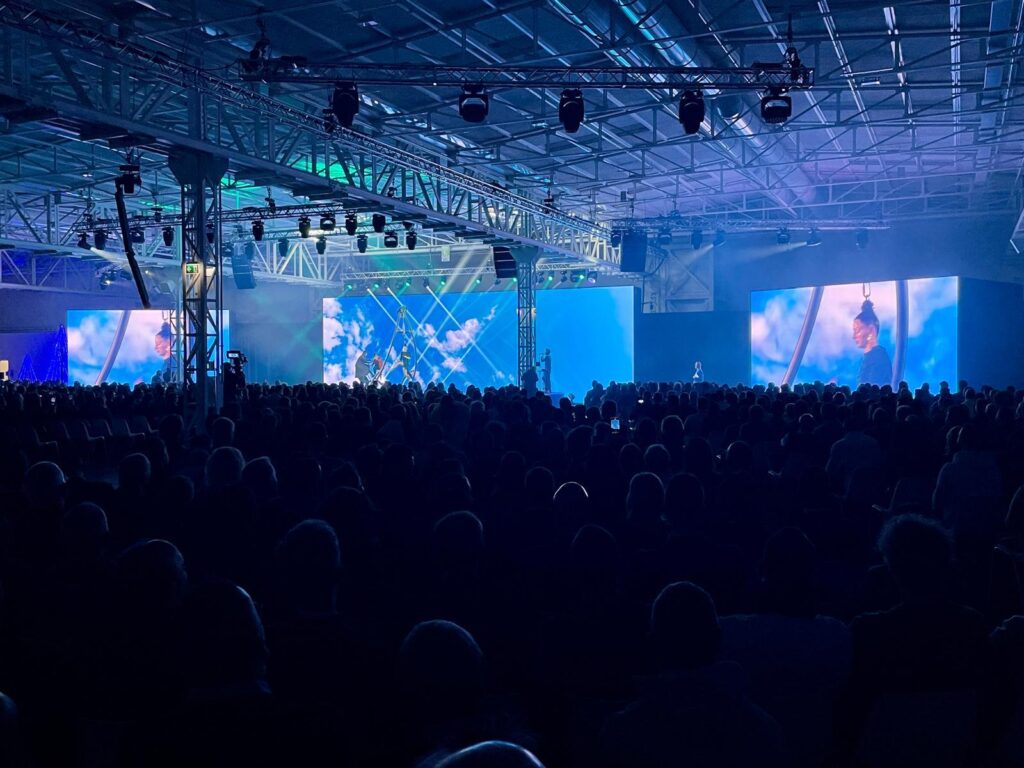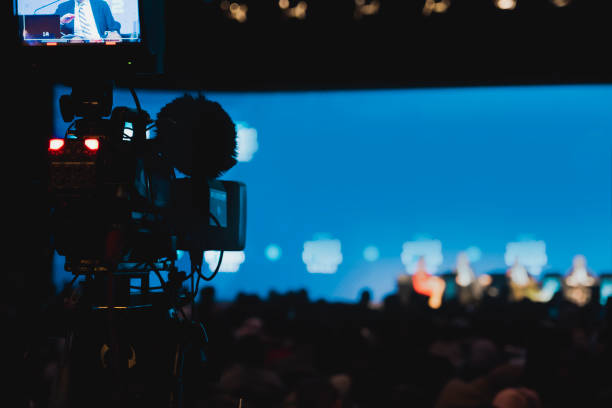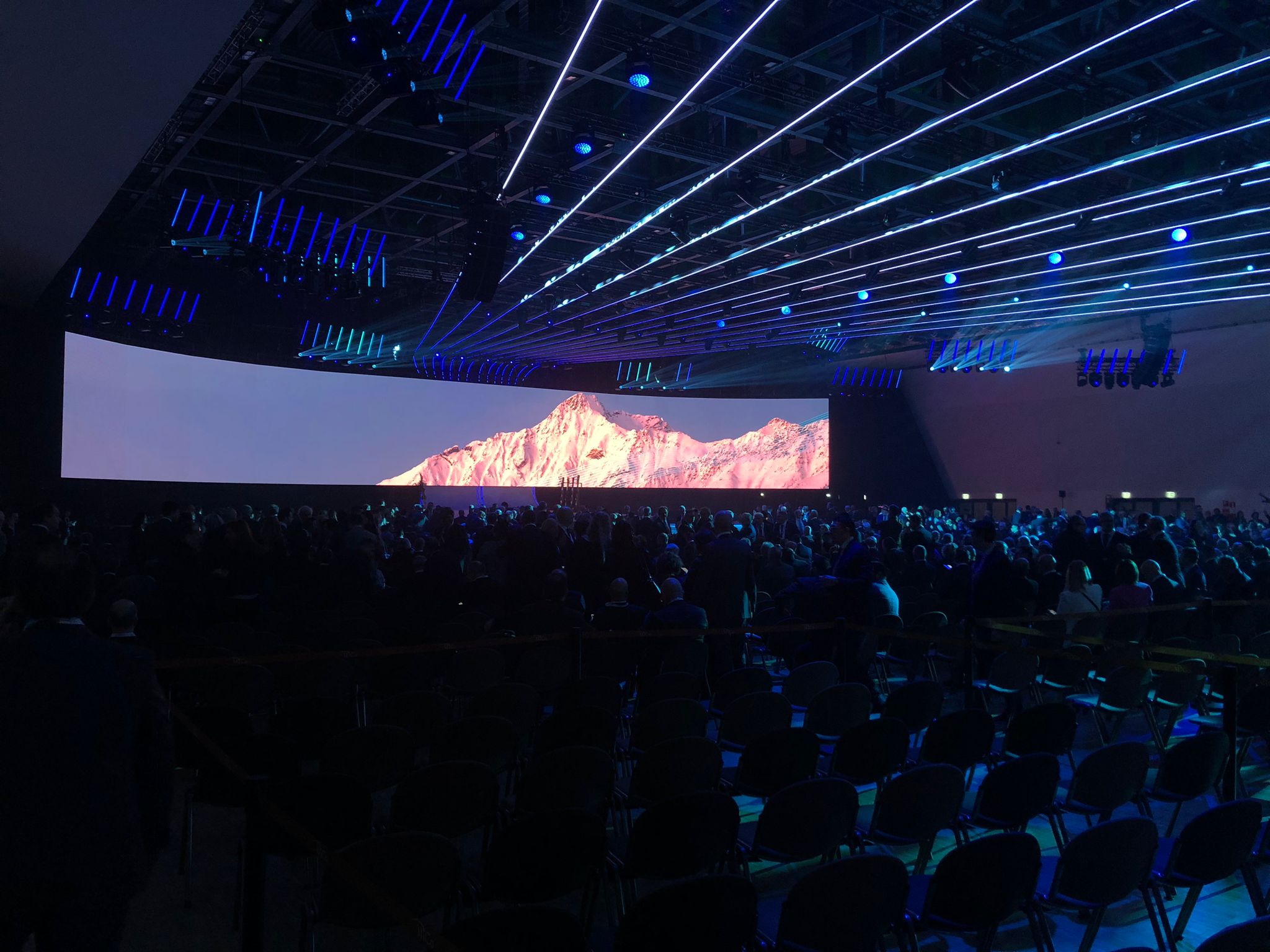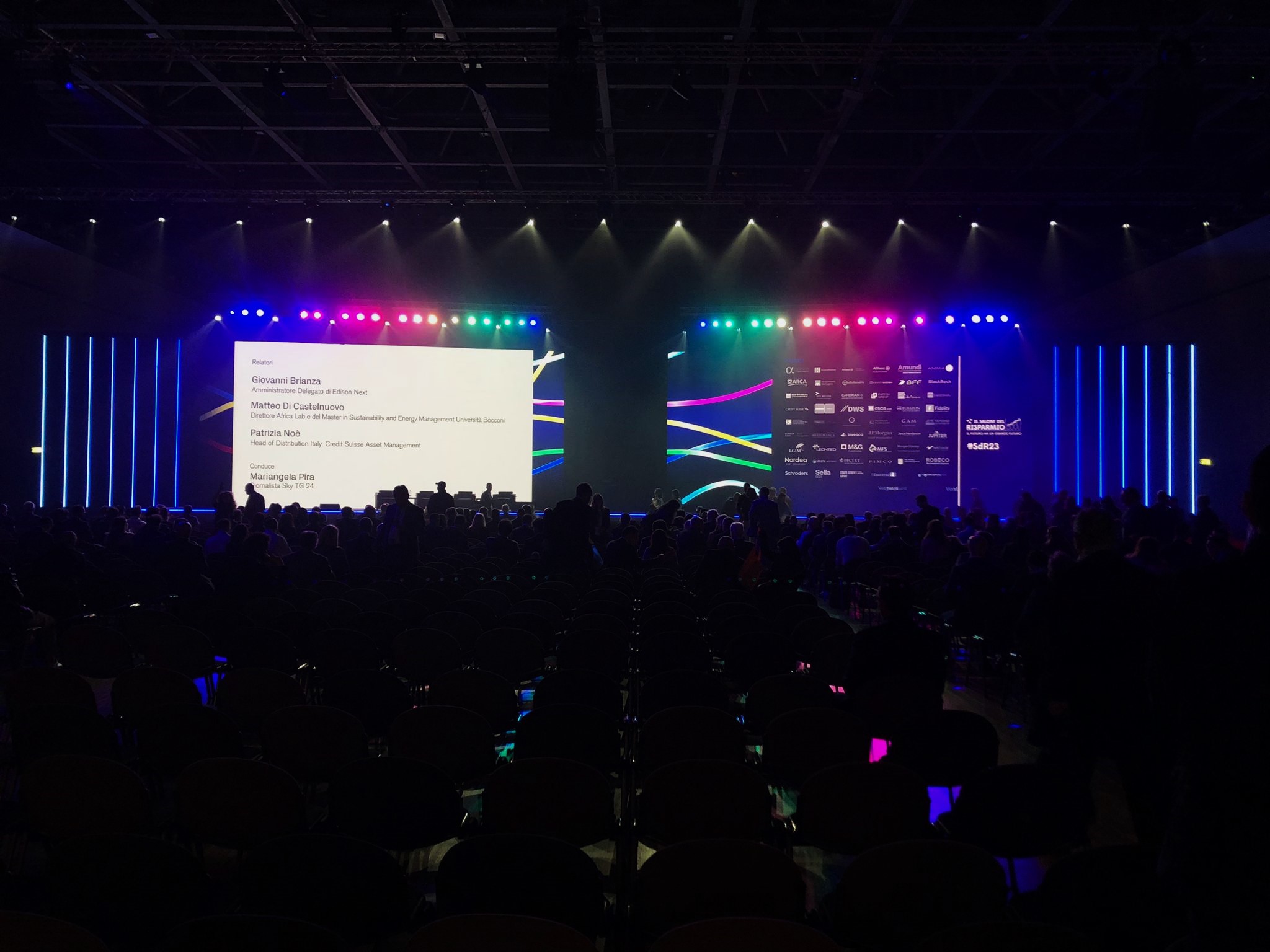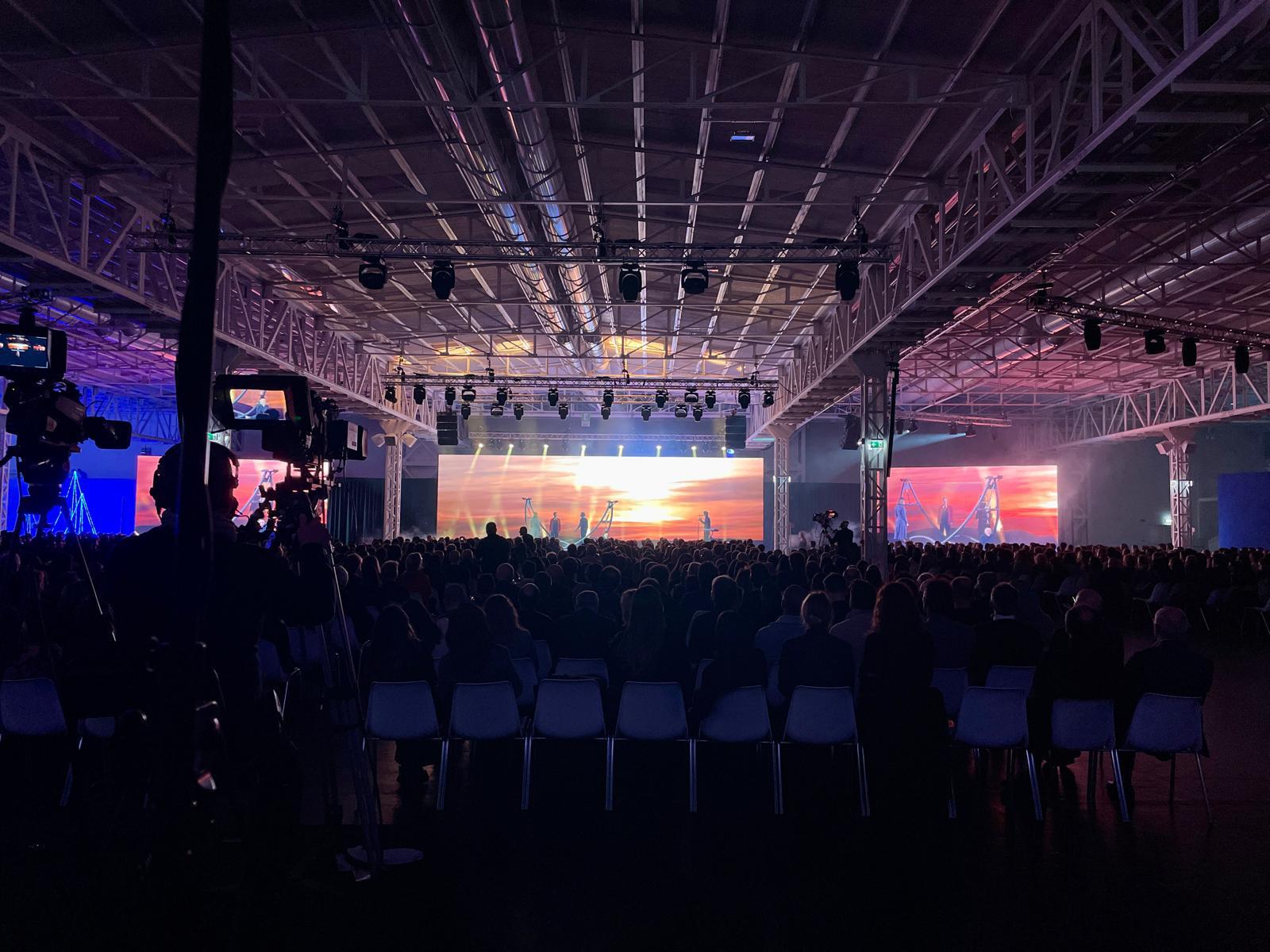In recent years, events, whether institutional or product-related, exclusive or mass-market, business or cultural, have become increasingly important in the marketing and communications policies of companies and organizations seeking to promote their business, product, service, region, or idea.
The primary goal is undoubtedly to generate positive sentiment and create or add value to a brand, service, product, organization, geographic area, etc. through emotional and experiential investments and strategies (information and cultural content, entertainment, interaction, relationships).
An event with a well-structured event marketing strategy is an evolution of PR activity and can be a powerful promotional vehicle thanks to the ability to provide attendees with a tangible experience and create empathy between brand and users.
Events creation is therefore a fundamental tool to include in the mix of marketing, promotional and communications activities.
What characteristics must an event have to achieve its objectives?
For an event (whether sporting, entertainment, cultural, public, political, advertising, or charitable) to be considered relevant and impactful, both visually and communicatively, it must possess the following characteristics:
- It must be consistent with the objectives and mission (corporate, product, service, etc.);
- It must have a well-defined target audience and meet their expectations;
- It must be unique and possess distinguishing characteristics;
- It must be attractive to stakeholders;
- It must be well-communicated.
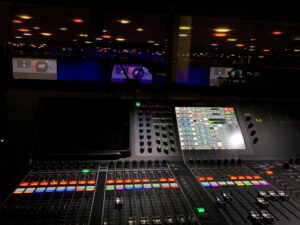
What are the benefits of marketing promotion through events?
A well-conceived, well-organized, and well-executed event will lead to a wide variety of benefits, including:
- creating value. An event can enhance the image of an area, a company, a product, or a service;
- generating awareness. An event can improve the positioning of a region, a company, or a product by promoting and disseminating the desired image;
- enabling versatile communication. An event is a multidimensional, multichannel tool that can fully adapt to any communication need;
- reaching your target audience. An event has privileged access to reaching its target audience thanks to the fact that it takes place live and is able to create a communication that is both unifying and selective;
- creating empathy. An event allows the audience to participate in a real and interactive way, creating a highly emotional experience;
- differentiating from competitors. An event is more impactful than other forms of communication and can have easier access to the media through media relations activities;
- create profit. An event can generate new flows (tourism, sales, etc.).
How do you organize a successful event?
An event is a complex and multifaceted tool that requires organized planning, management, and coordination of diverse skills and a wealth of creativity.
Event management has three phases:
- Pre-Event: Develop all strategic planning activities, from identifying a concept and objectives to scheduling and managing all the necessary basic elements and logistical content (positioning, timing, duration, market, location, program schedule, resources, investments, expected results) to successfully execute the event; involve all stakeholders and follow a precise organization to best define all the activities to be managed; generate engagement through communication and promotion.
- During the Event: Focus on on-site management and coordination; Create an active experience; implement actions aimed at increasing visitor numbers and stimulating interaction during the event (product and brand experience initiatives, testing, cultural activities).
- Post-Event: Stimulate memory and loyalty by disseminating results; strengthen relationships with attendees; create reporting and follow-up activities, and analyze results.
Each event is unique and achieves the desired success only when it ensures client and audience satisfaction and achieves the set objectives within the expected timeframe and methods.
Only by engaging professional event managers who understand your objective and transform it into emotion through the senses can you enhance experiences and make them unique for your target audience.
The event technical production is not a simple sum of factors; it is the result of the know-how and expertise needed to transform a concept into reality and manage each component to make it happen: this is how DHS Event Solution transforms our clients’ event concepts into reality.

